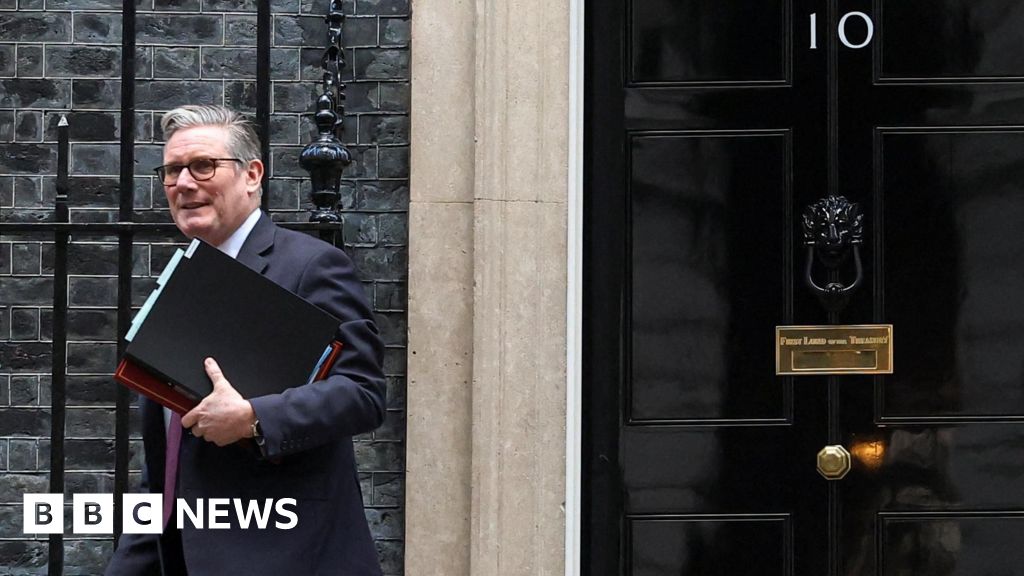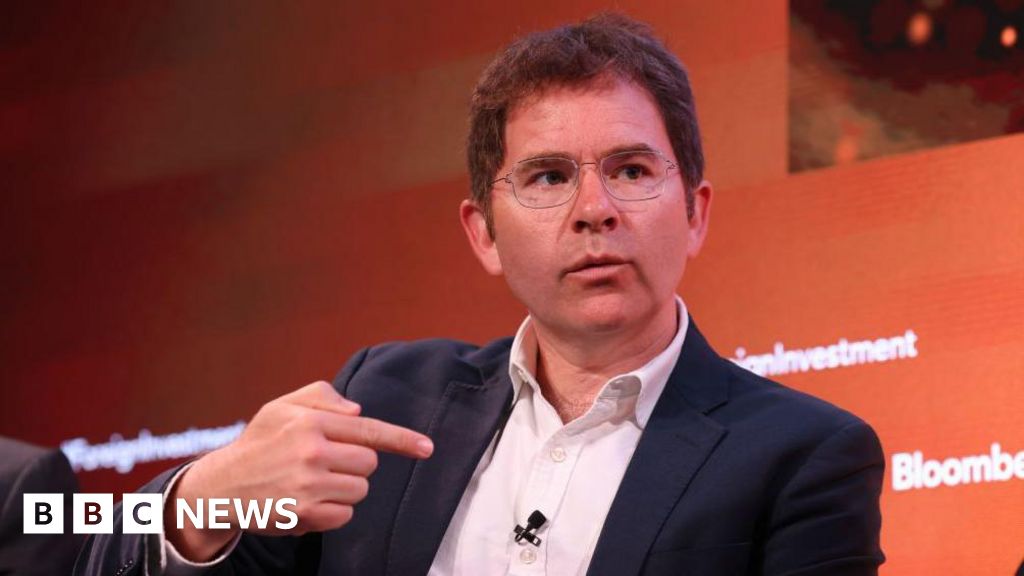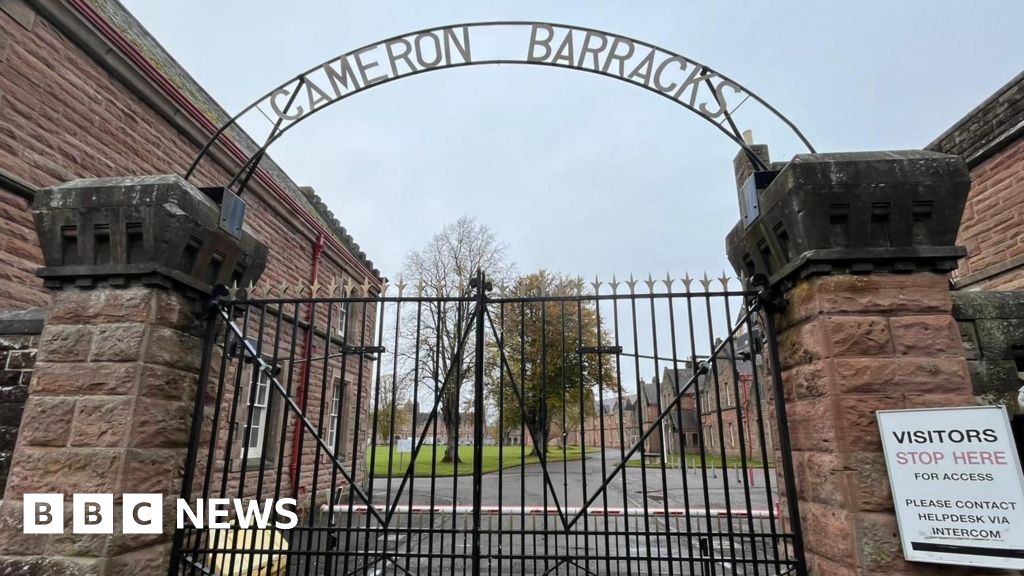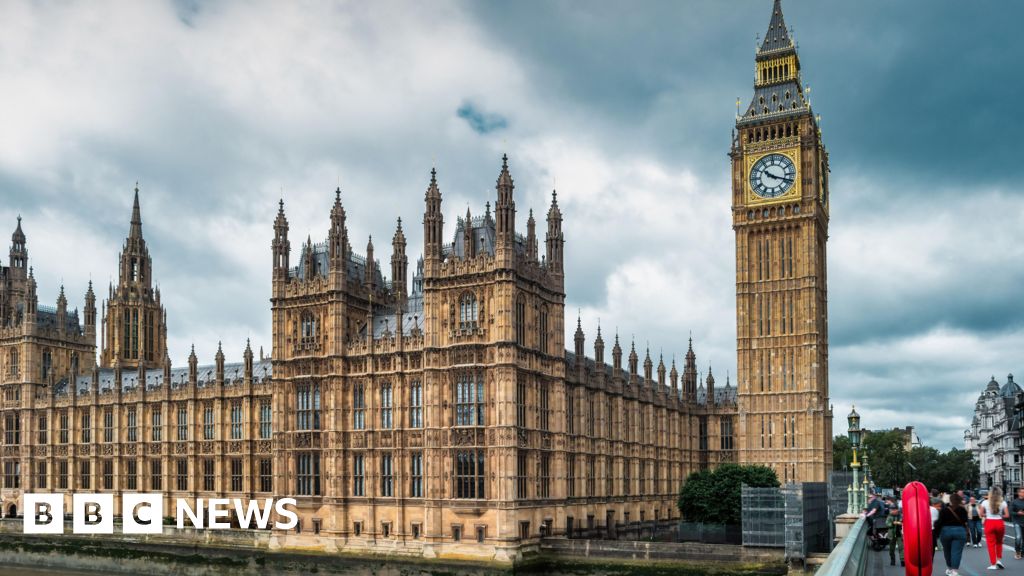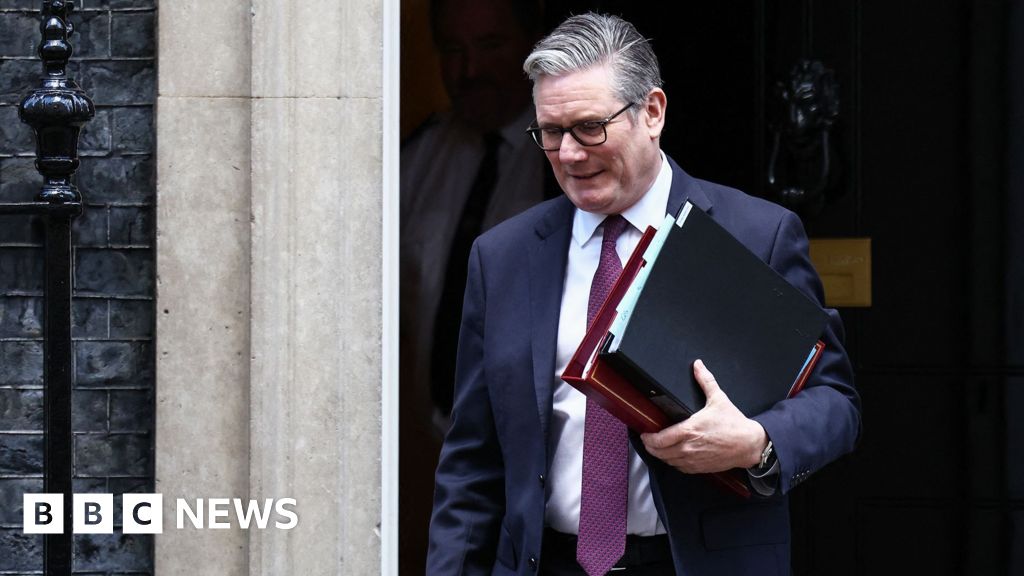Paul Seddon
Political reporter

 Getty Images
Getty Images
Ministers say the changes will help areas with cheaper property values
Councils in more deprived areas of England are set to receive a greater share of government cash, under a planned overhaul of funding rules.
The shake-up will see formulas that affect how billions of pounds are allocated to authorities updated for the first time in over a decade.
Labour ministers argue the current system is failing to properly reflect higher demand for council services in poorer areas.
But rural councils have raised concerns about the new plans, warning they could lose out to the tune of hundreds of millions of pounds.
Councils get around half their funding from central government, according to a complex mix of formulas that attempt to capture differing levels of demand and cost for council services.
Plans unveiled on Friday would see the number of these formulas reduced by over a third, along with tweaks designed to direct more cash towards authorities with higher levels of deprivation.
The new system, to be phased in over three years from 2026, would also redistribute more central government funding towards authorities where a higher share of properties are in lower council tax bands.
The changes will not redistribute revenue raised locally via council tax, which will remain subject to a 5% cap on yearly increases, unless a higher increase is backed in a local referendum or the government grants special permission.
'Reinforces the divide'
Ministers have argued the current system, last updated in 2013, fails to reflect poorer areas' higher demand for council services, and their weaker council tax bases due to lower average property values.
Local government minister Jim McMahon said the new rules would move "around £2bn of funding to the places and communities that need it most".
"The current funding system is a decade old and reinforces the divide between deprived places and the rest of the country," he added.
The changes have been welcomed by SIGOMA, a group of mainly Labour-led urban councils that has long argued that they were harder hit when government funding was slashed during the austerity era in the 2010s.
But the County Councils Network, which represents a group of mainly rural authorities, warned the new rules could "overcompensate" for deprivation, arguing there was "little evidence" it was the main driver for services other than social care.
Its chair, Conservative councillor Tim Oliver, also expressed concern about the changes for funding linked to council tax, adding it could "mean hundreds of millions of pounds of additional funding being redistributed from county areas".
'Significant redistribution'
The impact of the new system on each council is not exactly clear. Ministers have not published an illustration of what it will mean for each area, with further details expected in the autumn, when a consultation on the plans closes.
But the Institute for Fiscal Studies, a think tank, said the changes were likely to lead to a "significant redistribution" of government funding towards deprived areas, particularly in urban parts of the North and Midlands.
Senior research economist Kate Ogden said that those losing out under the new system were unlikely to see a fall in their funding in cash terms.
But she added that, amid rising costs for delivering services, they could face pressure either to make savings or to ask the government for permission to raise their levels of council tax more than the 5% yearly maximum.
The Liberal Democrats criticised the government's plans, adding they would "stand up for the parts of the country which face bearing the brunt of these changes".
Mid Dorset and North Poole MP Vikki Slade, the party's local government spokesperson, added the proposals would leave "lots of local authorities teetering on a financial cliff edge".
SEND rule extended
In other changes, the government has said it plans to extend an accounting rule that allows councils to keep ballooning deficits for special educational needs and disabilities (SEND) services off their main balance sheets.
The rule was set to expire in March next year, but has now been extended until 2028 pending a "phased transition" towards a new funding model.
The CCN had previously warned that without an extension, 18 county and unitary councils would become "insolvent overnight".
Separately, the government has published plans to overhaul "outdated" aspects of how council tax is collected, including moving to monthly payments by default instead of over a 10-month period currently.
It also said it was planning changes that would make it easier for people to challenge the council tax band of their home, and cap the costs councils can charge when collecting late payments through the courts.

 7 months ago
6
7 months ago
6

